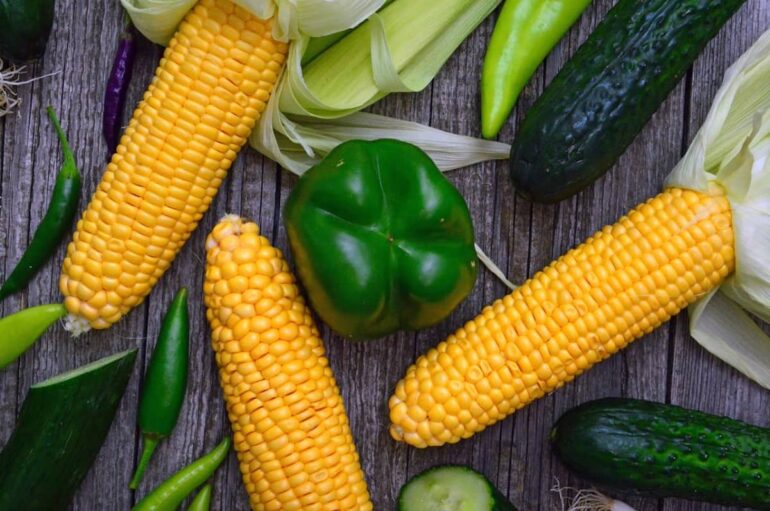Food bans around the globe can be surprising, especially when they involve everyday items in the US.
Here are 15 foods that are banned in various countries and the intriguing reasons behind their prohibitions.
1. Twinkies
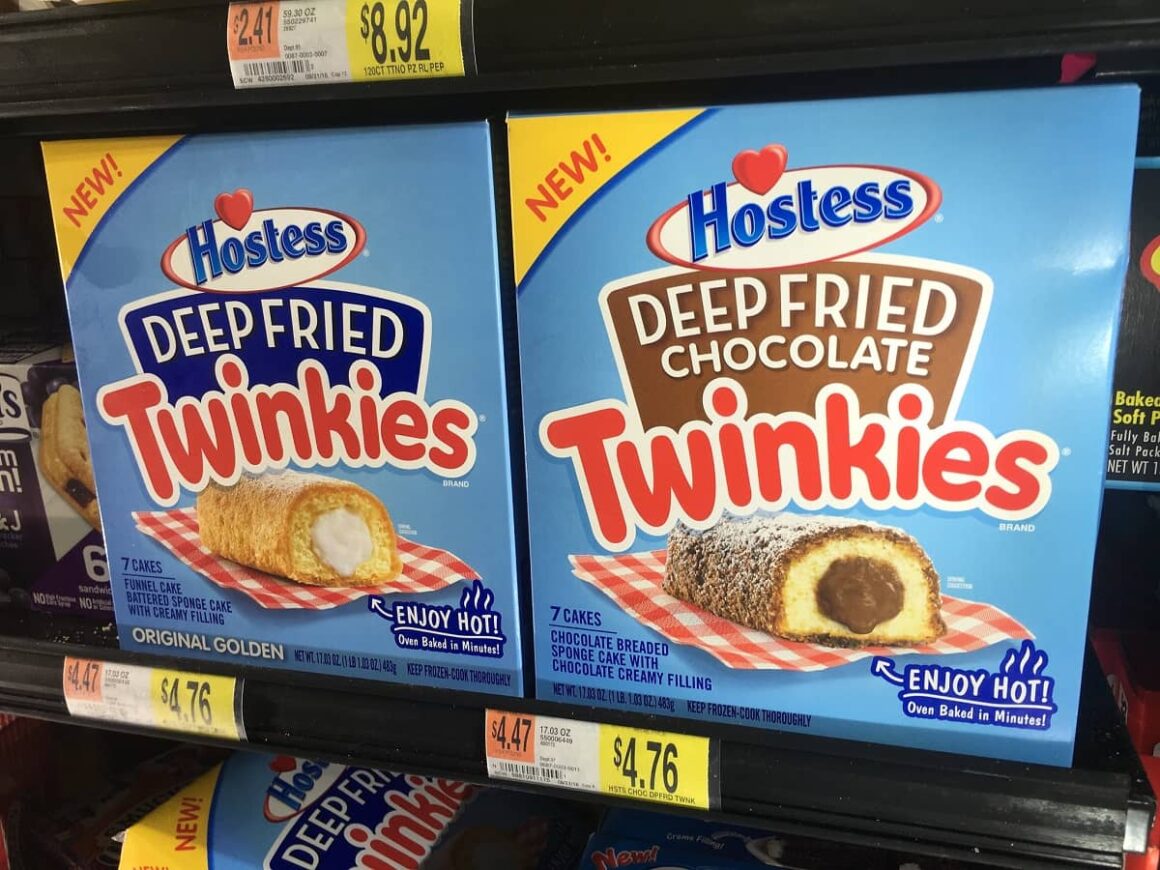
Twinkies, the iconic American snack, are off-limits in Norway and Austria. These countries are wary of the artificial colors and preservatives found in Twinkies, particularly Yellow 5, which has been linked to hyperactivity and potential cancer risks. So, while they might be a beloved treat stateside, in these parts of Europe, they’re seen as more trick than treat.
2. Stove Top Stuffing
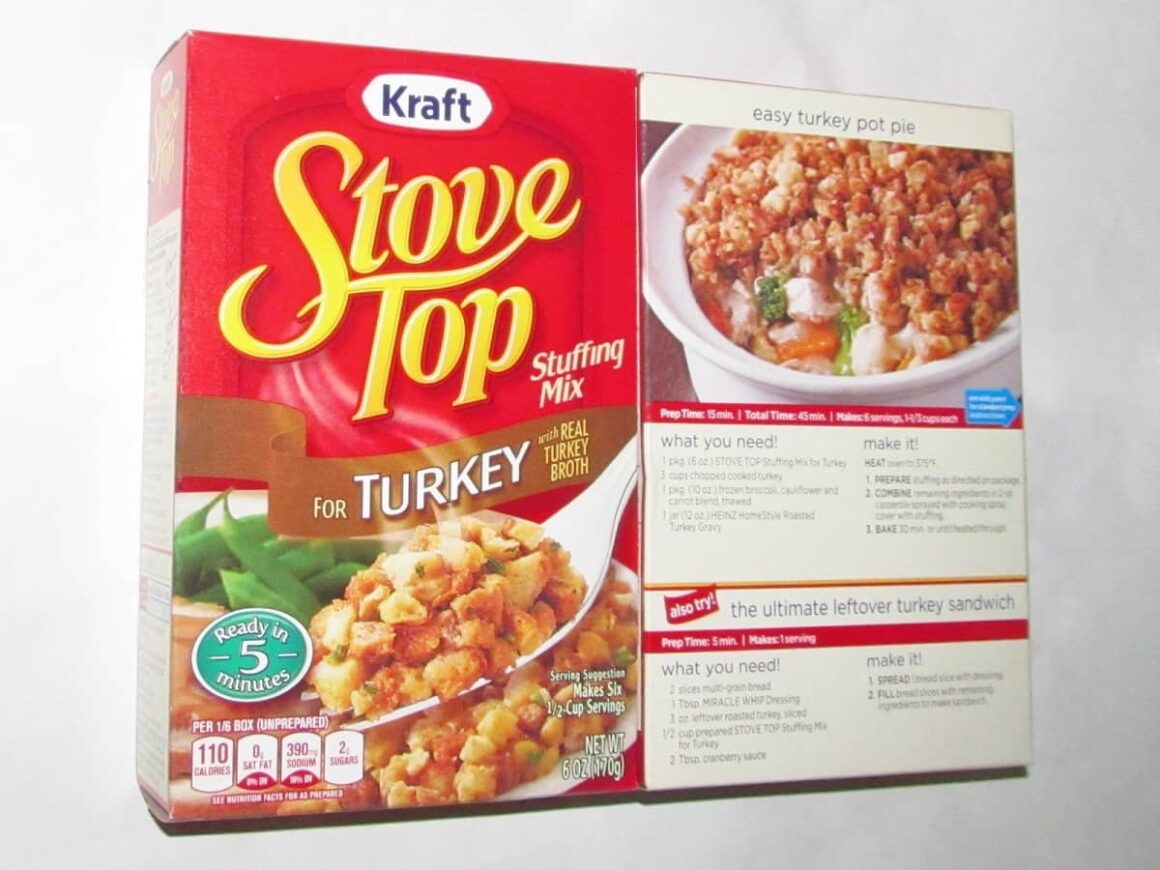
This Thanksgiving favorite contains BHA and BHT, preservatives that some European countries have deemed too risky. These additives, considered carcinogenic, have led to Stove Top Stuffing getting stuffed right out of several European nations’ grocery stores.
3. Coffee-Mate Coffee Creamer
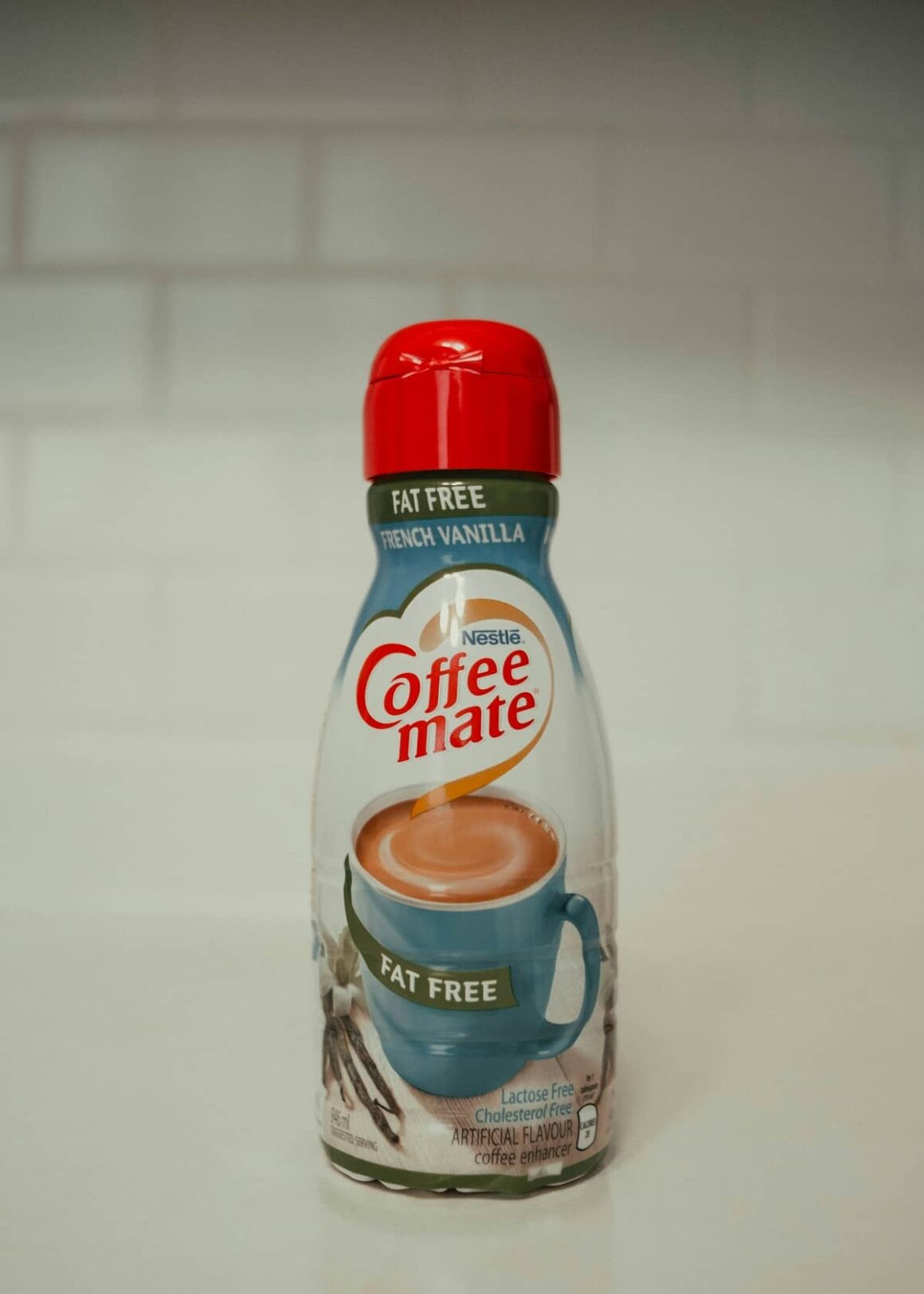
Coffee-Mate is a beloved addition to morning coffee for many Americans, but it’s banned in several European countries. The creamer contains trans fats, which are linked to heart disease. Many countries have banned trans fats altogether, so Coffee-Mate’s creamy goodness is a no-go in places where health officials prioritize cardiovascular health.
4. Ritz Crackers
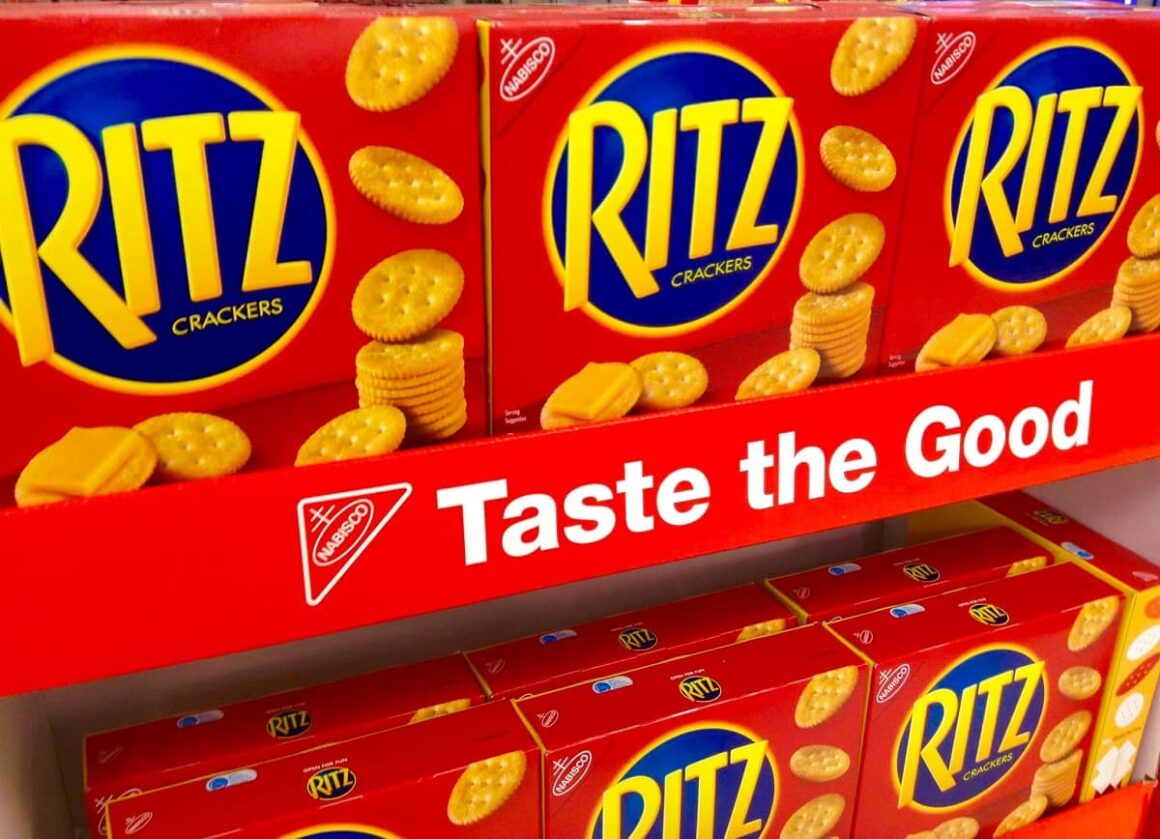
Ritz Crackers are off-limits in Switzerland, Austria, Hungary, Iceland, Norway, and Denmark. The culprit here is partially hydrogenated cottonseed oil, a trans fat associated with cardiovascular diseases. These buttery, flaky snacks might be a pantry staple in the US, but in these countries, they’re off the menu for good.
5. Skittles
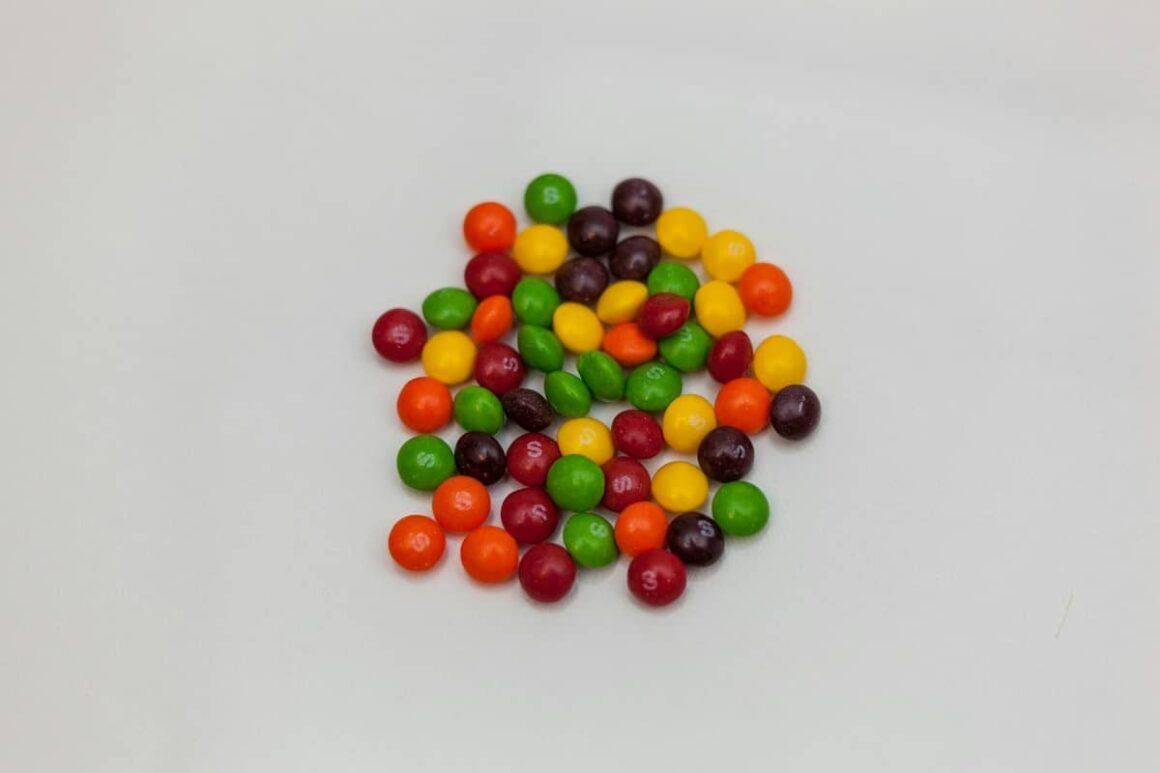
Skittles, known for their bright colors and fruity flavors, are banned in Norway, France, Finland, and Austria. The reason? These colorful candies contain artificial dyes that have been linked to behavioral problems and inhibition of cell development. While “tasting the rainbow” is fun in the US, these countries are saying no to the artificial hues.
6. US Pork
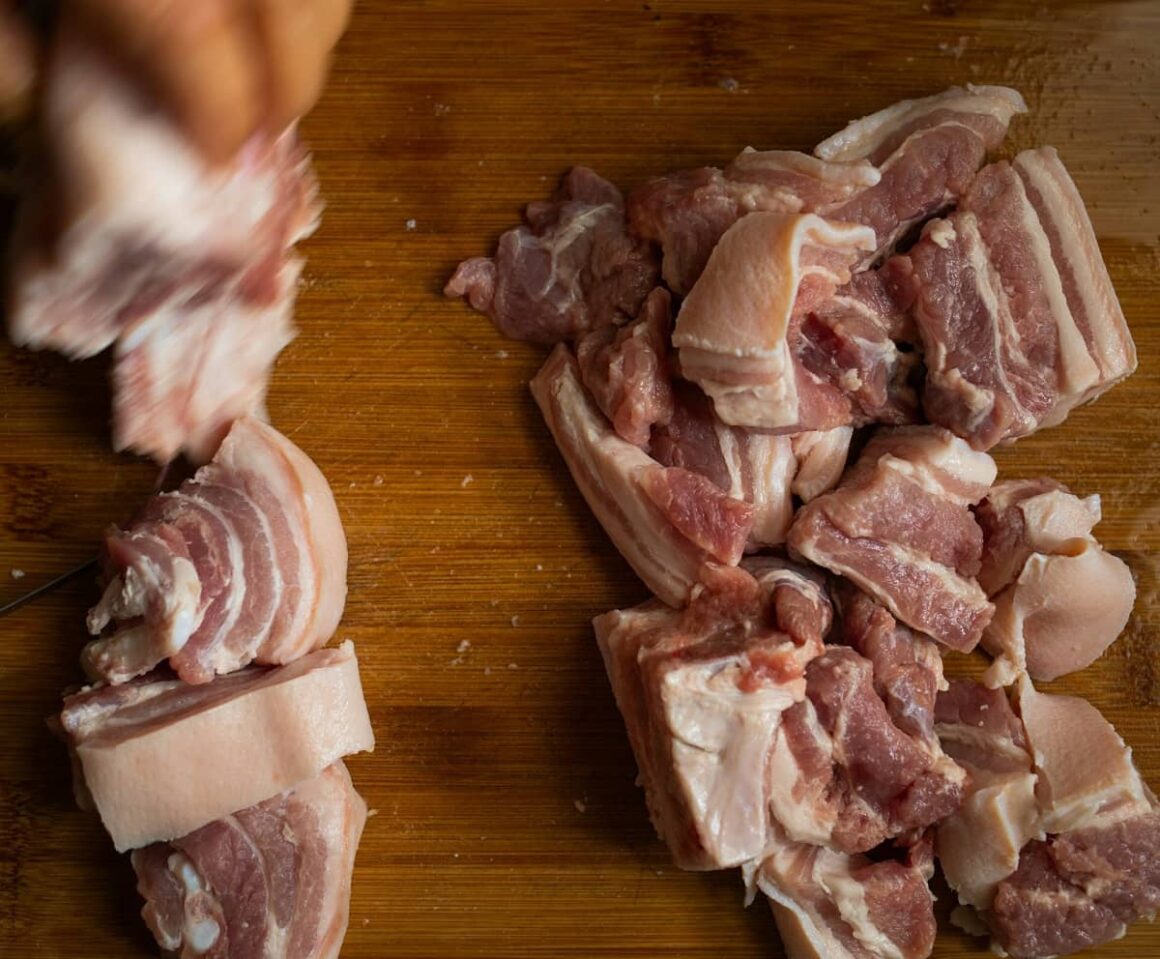
US Pork often contains ractopamine, a growth promoter that is banned in the European Union and China due to health concerns. While it’s commonly used in the US to promote leaner meat, countries that have banned it are not willing to take the risk associated with this additive. Their stance on food safety keeps US pork off their plates.
7. Pre-Packaged Ground Beef
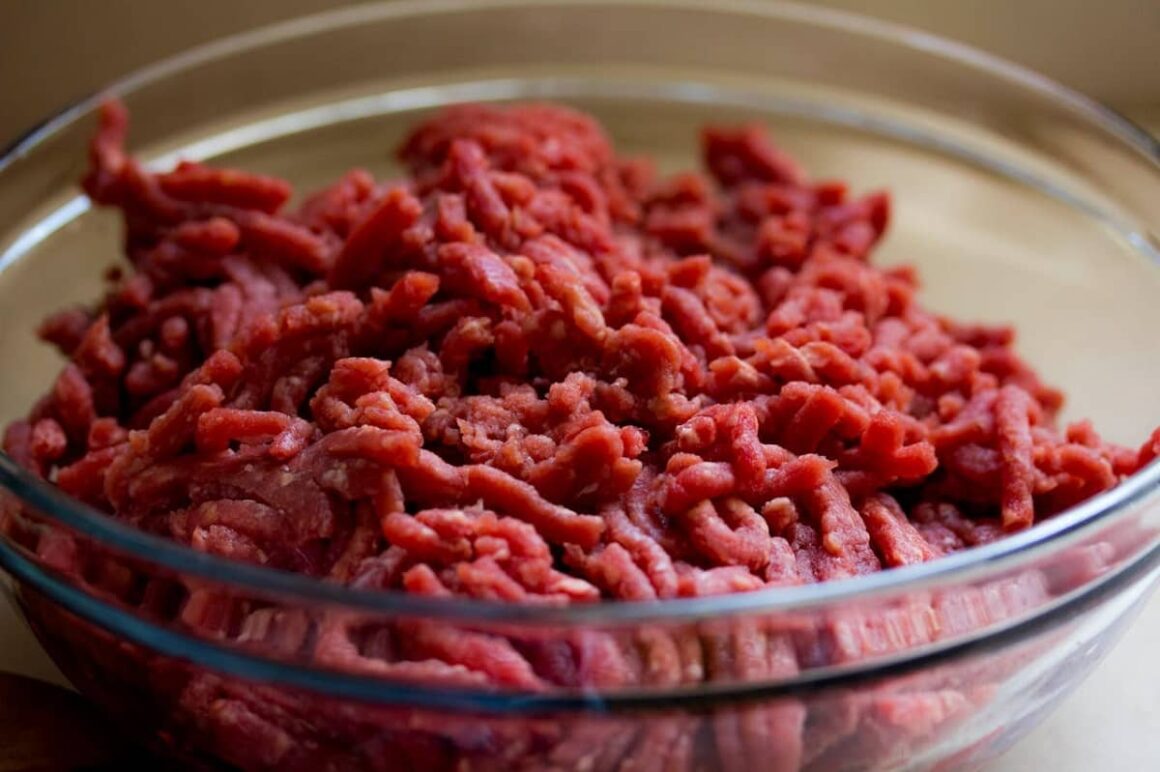
Pre-Packaged Ground Beef from the US is banned in the European Union because it can contain growth hormones and antibiotics that are prohibited in the EU. These additives, used to promote growth and prevent disease in livestock, are not allowed under European regulations, making US ground beef a no-go across the pond.
8. Mountain Dew
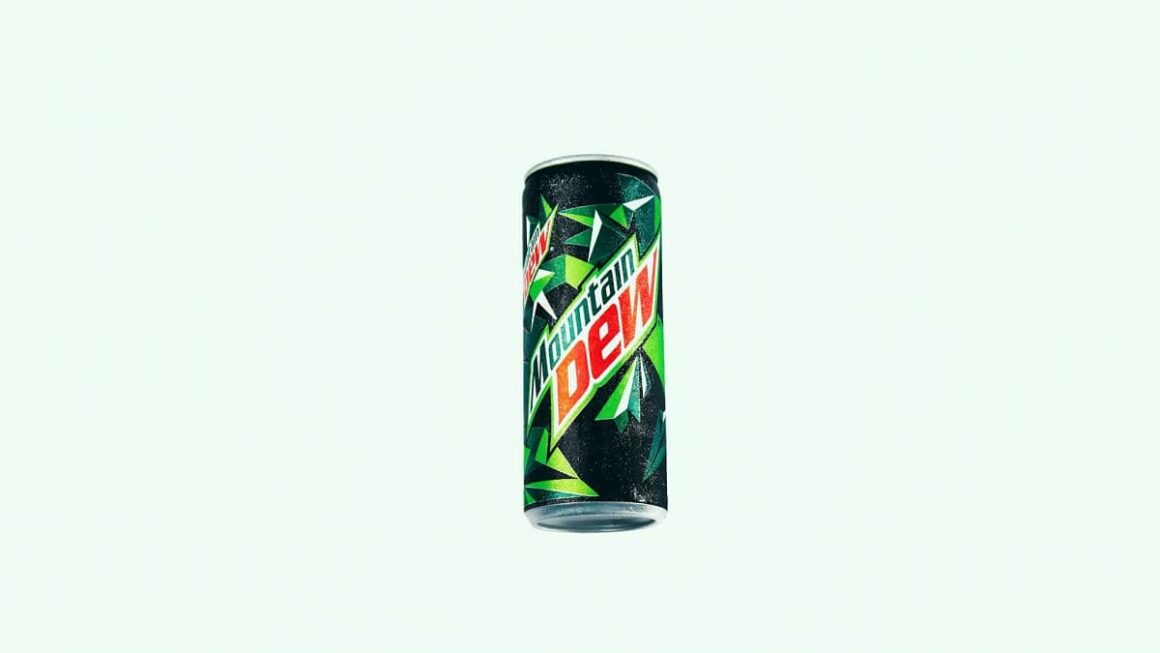
Mountain Dew is banned in the European Union and Japan because it contains brominated vegetable oil (BVO), a flame retardant linked to health issues. Although BVO was removed from Mountain Dew in 2020 in the US, the ban remains in place in these countries, which take a hard line on this controversial ingredient. You might have to do without the Dew overseas!
9. Farmed Salmon
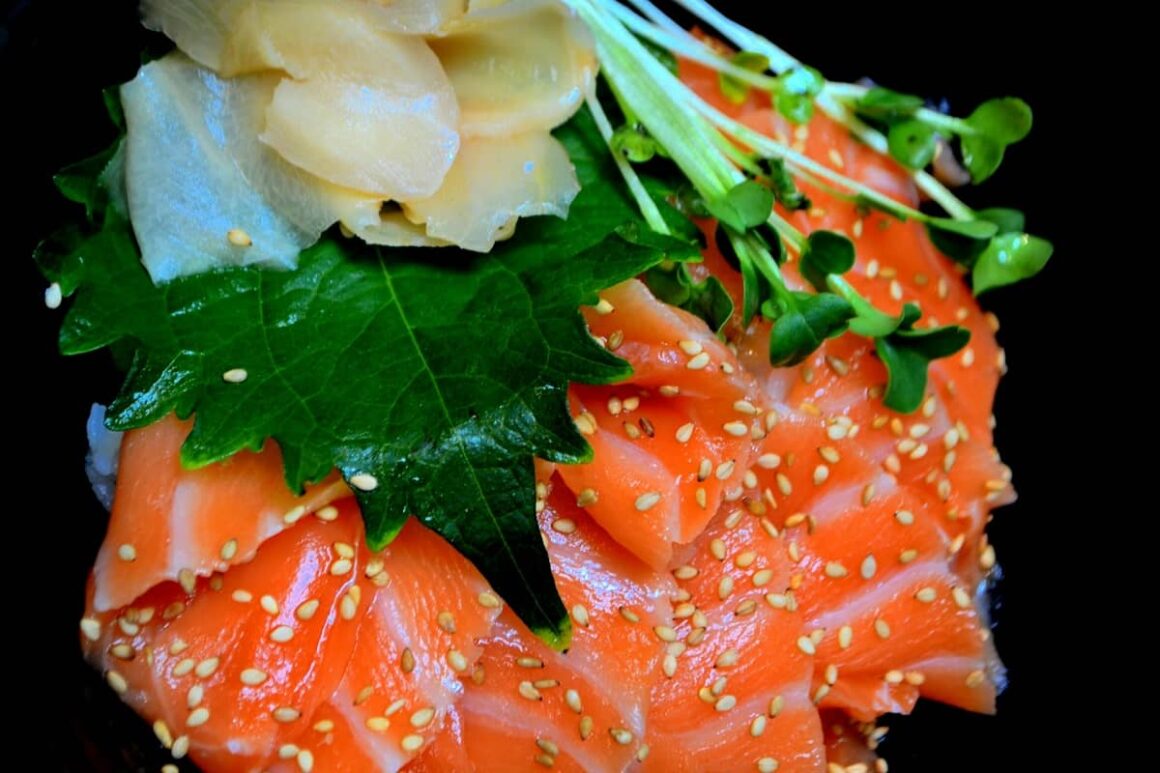
Farmed Salmon is banned in Australia and New Zealand due to high levels of polychlorinated biphenyls (PCBs), which are harmful to human health. These countries prioritize food safety and have stringent regulations that keep farmed salmon, often associated with environmental and health concerns, off their tables.
10. Maraschino Cherries
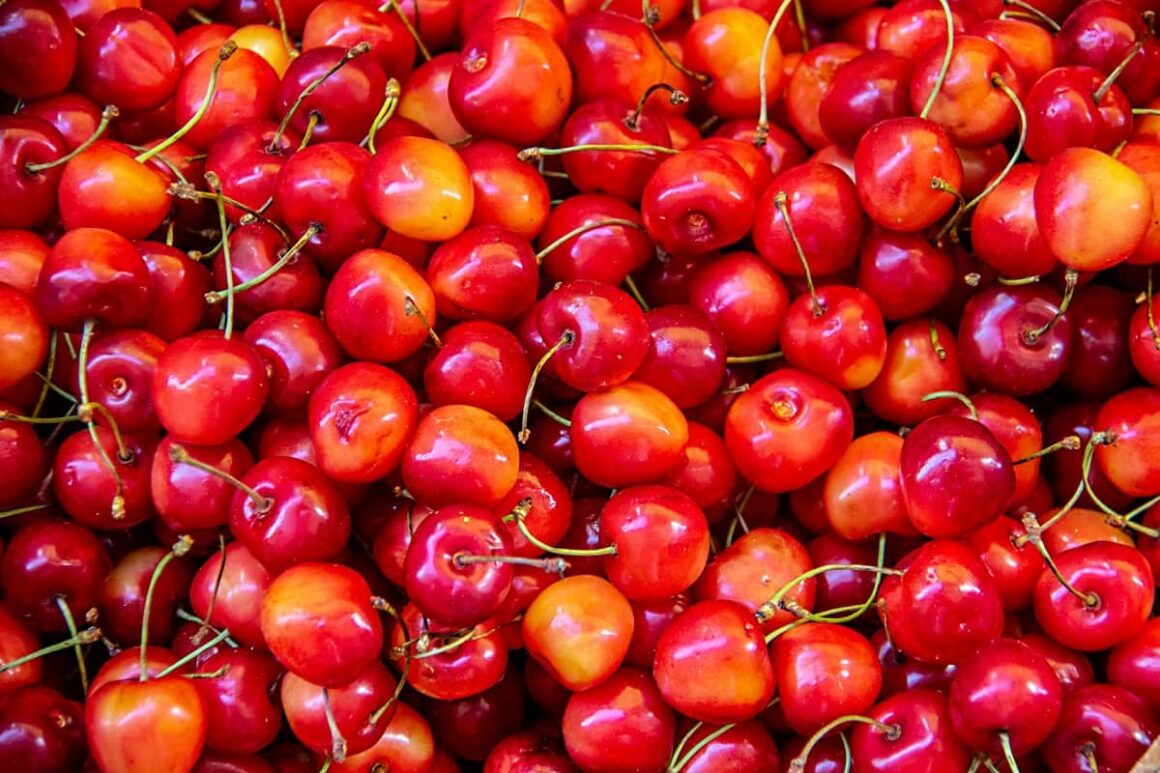
Maraschino Cherries are banned in the European Union because they contain Red Dye #40 and Blue Dye #1, which are banned in the EU due to potential health risks. While they might add a pop of color to your cocktails and desserts in the US, these brightly colored cherries don’t make the cut in Europe.
11. US Milk
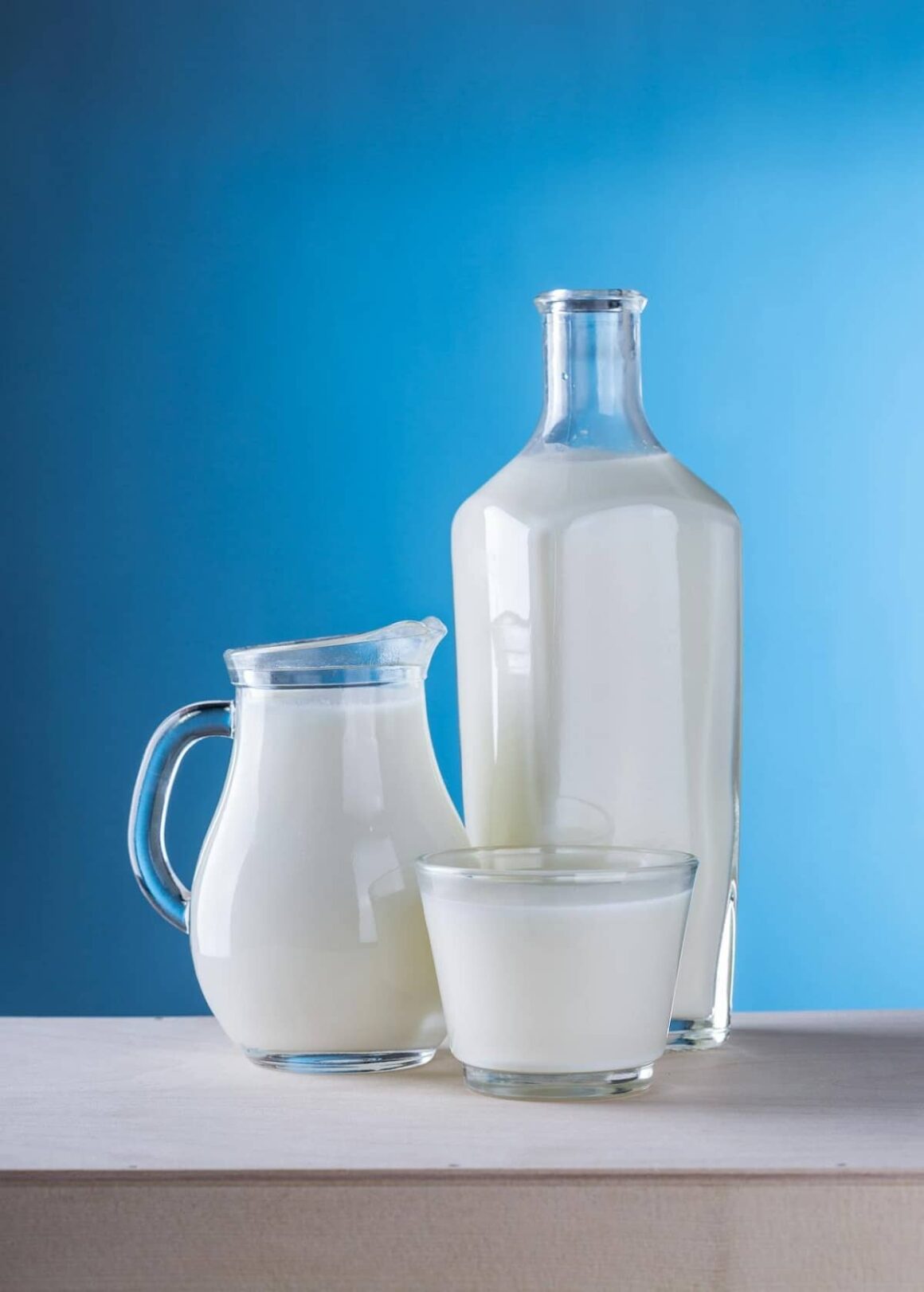
US Milk is banned in the European Union and Canada because it contains recombinant bovine growth hormone (rBGH), which is linked to cancer and other health issues. These countries have stringent regulations on dairy products, and the use of rBGH means that US milk doesn’t meet their safety standards. Maybe almond milk isn’t such a bad idea after all.
12. Froot Loops
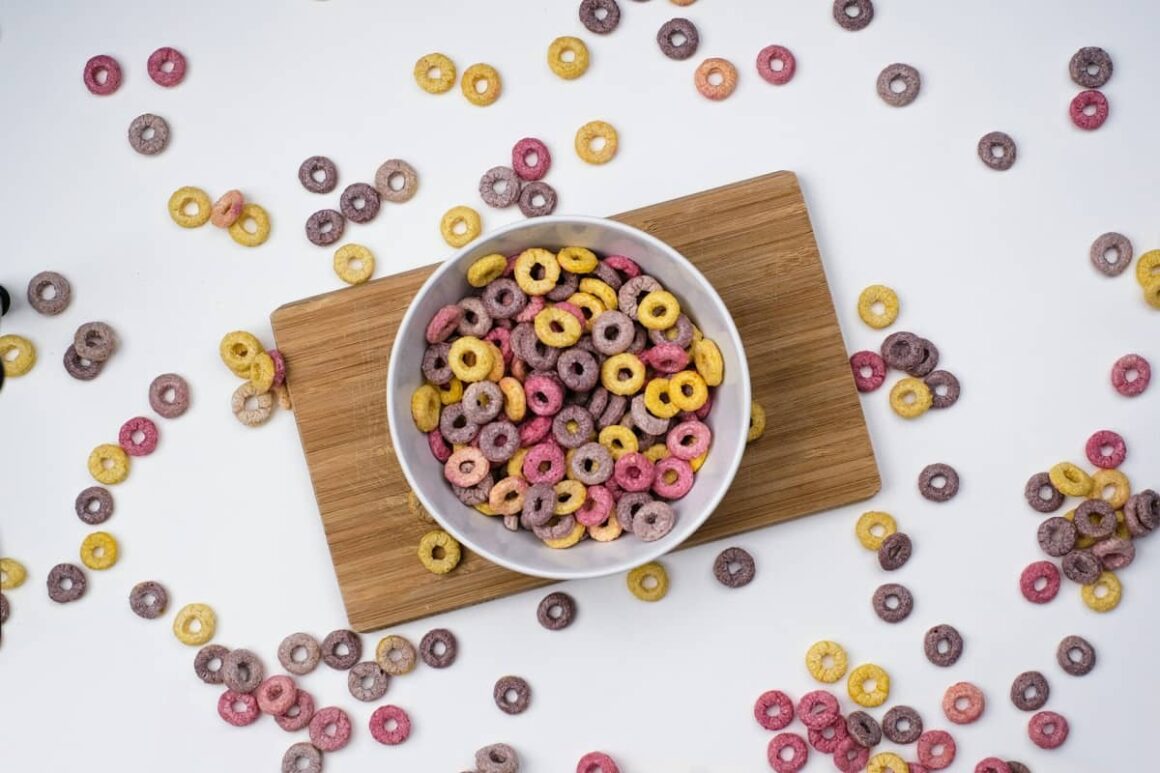
Froot Loops are banned in the European Union and Japan due to their artificial colors and preservatives, which are considered potentially carcinogenic. While kids in the US enjoy this colorful cereal for breakfast, these countries opt for safer, more natural options on their breakfast tables.
13. Conventional Corn
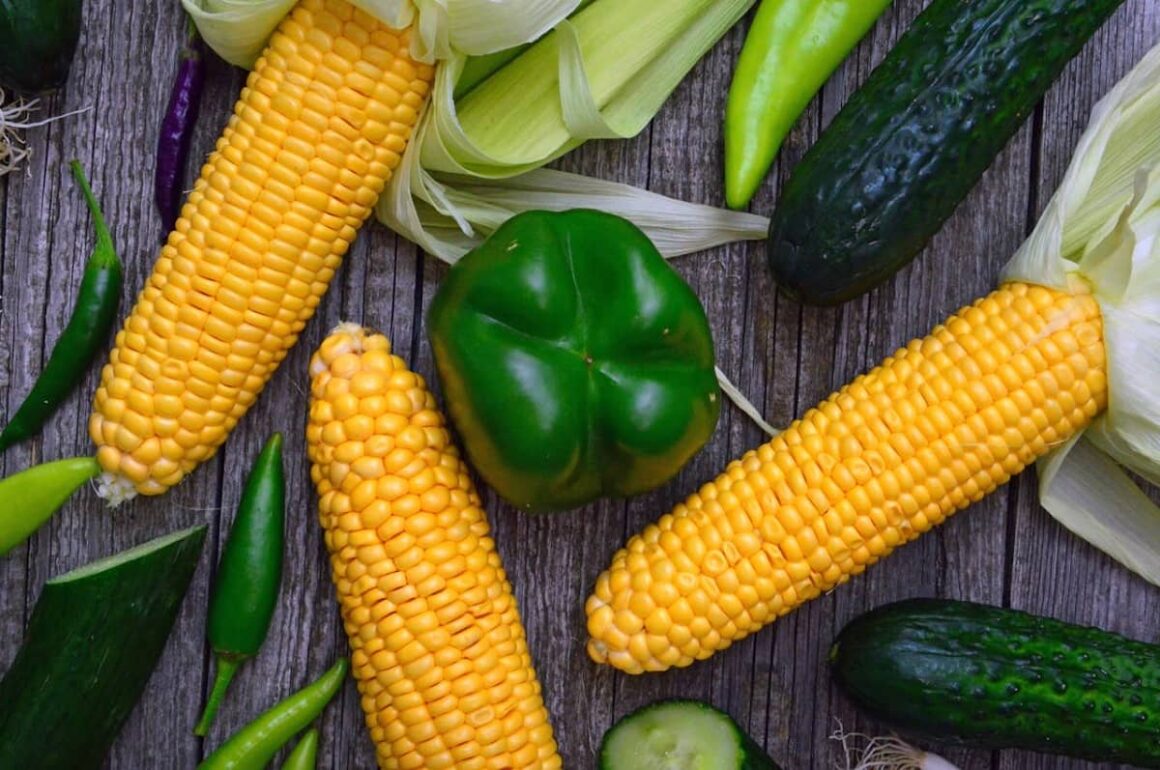
Conventional Corn from the US is banned in the European Union because it is often genetically modified and treated with pesticides that are banned in the EU. The strict regulations on GMOs and pesticides in Europe mean that American corn doesn’t meet their safety criteria.
14. Chicken (with certain additives)
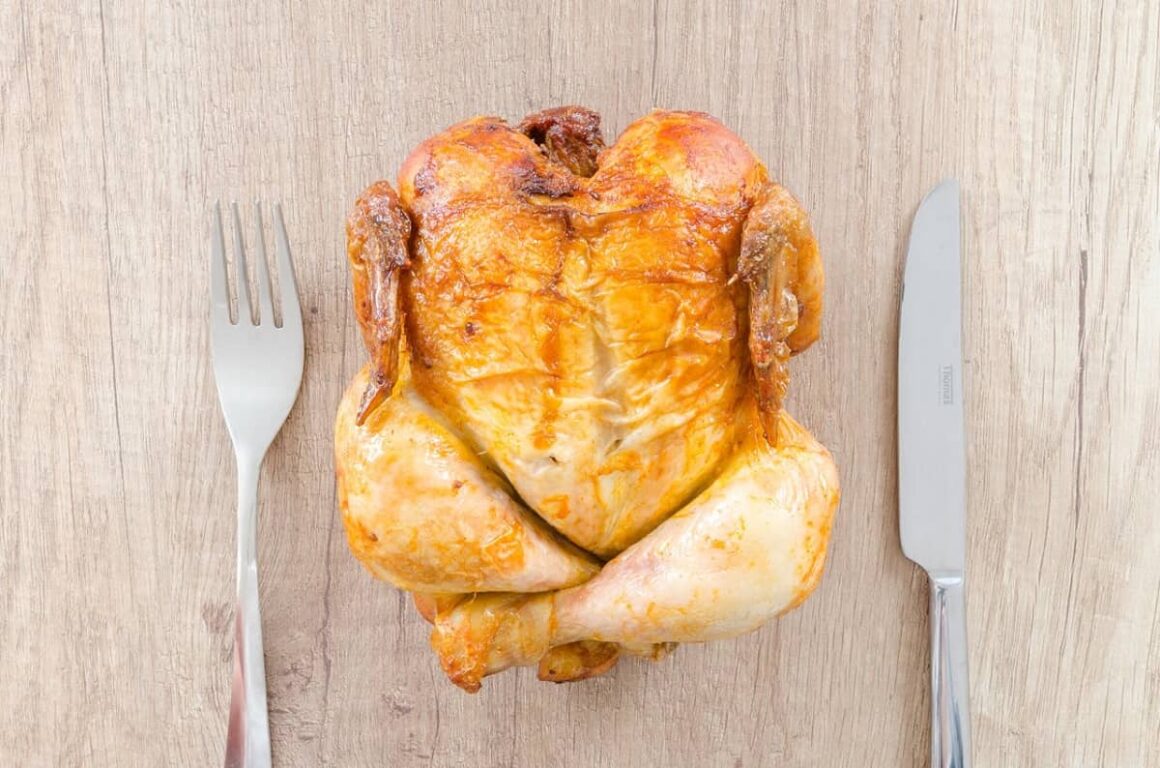
US Chicken treated with chlorine washes is banned in the European Union due to health concerns. The EU prohibits the use of chlorine to disinfect poultry, citing potential health risks and preferring other methods of ensuring food safety. This ban keeps American chicken off European plates.
15. Mirabelle Plums
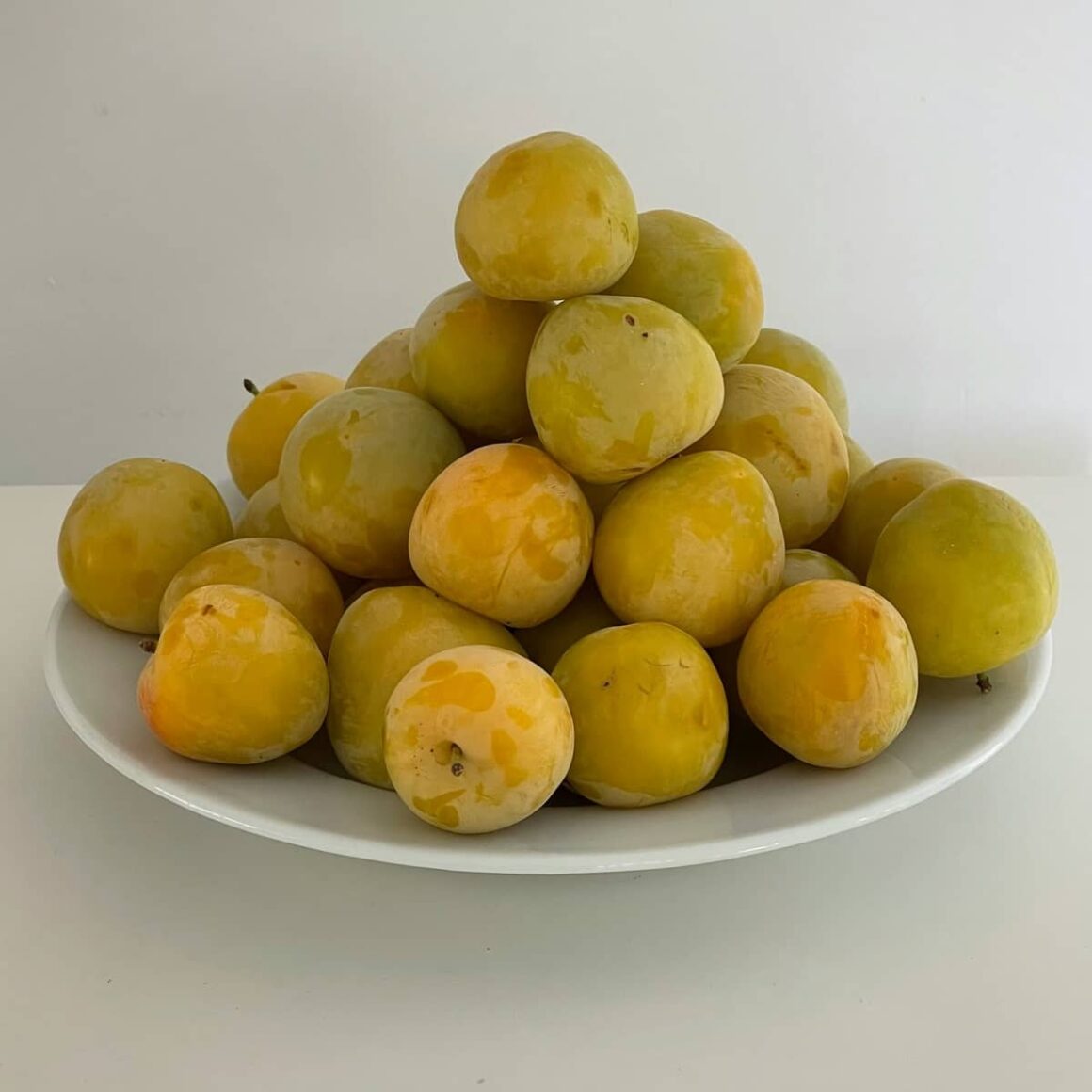
Mirabelle Plums are banned for importation in the United States due to unspecified regulatory issues, though Americans can grow their own. These sweet, golden plums from France are a delicacy that US regulations keep out of the country, making them a rare treat unless home-grown.
These foods are banned in various countries due to health concerns related to additives, preservatives, artificial colors, and other ingredients that are considered harmful. Always check local regulations and guidelines when traveling or importing food products.
Share these fun facts with your friends and see who’s surprised by these global food bans!

